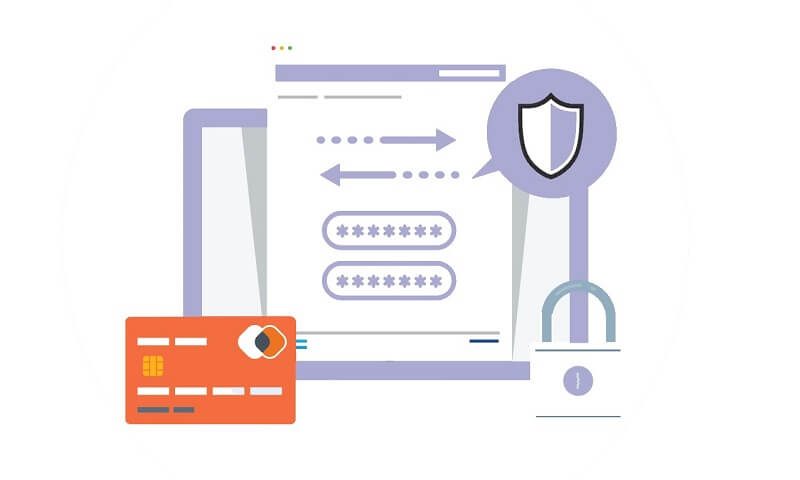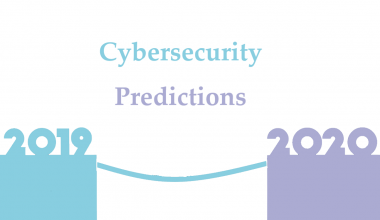Increasing the use of encryption technology
The utilization of encryption typically had increased already, most especially among enterprises, which was a part of these companies’ data security-based strategy, as well as on the internet. Back In 2010, tech giants, Google launched encrypted-backed searches. However, the encryption option was never activated by default. In the same way back in 2011, social media giants Facebook started offering its users the alternative of connecting through to its efficient server through the HTTPS. Nevertheless, these steps that were taken by the world’s best tech companies coming after the disclosures of Edward Snowden does represent a major boost in the ongoing trend of the rising use of encryption.
Then came the government agencies
Worries about the snooping eyes of the government were not the only reason that encryption became widespread back in 2013. Also, there was an increasing awareness due to the way the user’s information was being used for financial gains by intermediate companies, in addition to the actual dangers of breaches in data as well as cybercrimes.
Due to the increasing adoption of encryption technology, several agencies for law enforcement got into the debate. With them stating that the technology which is used to ensure online privacy makes their enforcing and investigating jobs much more difficult.
Government agents don’t understand encryption?
Particularly, the problem was the fact that the law agents have a legally backed authority to freely get access to electronic information. It doesn’t have the technical ability to do this because this information is being protected with the use of encryption.
Practically, this can imply the inability of the law agents to being able to find and fish out suspects of crime, detect criminal activities online, interrupt crimes from being carried out, as well as bring to book criminals. This was then known as the effect of “going dark.”
It was a pretty challenging case to have been made in a place where it is well known that some agencies for national security have profound capabilities for surveillance been set out in a grand scale, particularly in the countries in which the operations of national security and law enforcement have blurred lines of responsibilities.
Challenges faced by law enforcement and digital services
Typically the major challenges being faced by both digital services companies as well as law enforcement is – the amount of data encryption, which is enough plus who is in the better position to decide?
In the digital space, there is a dichotomy in providing encryption services: while some services are increasingly easy for law enforcement to access other remaining services are typically not easily accessed by law enforcement.
It is a known fact that the dichotomy is not typically a new development. However, the past four years have seen numerous tech companies with characteristically large customer bases have gone on to increase the level of their encryption and have correspondingly removed the ability of the content of their customers to be decrypted to enhance the security and privacy of the services that they offer.
However, aside consequence of decisions made this way is a noticeable change to the ability of law enforcement to access, particularly content in smartphones as well as messaging apps.
Simultaneously, several other organizations have decided to hold on to the abilities they have to use and read the contents of their customers or maybe they concluded that there lacks adequate business profitability when it comes to the point-to-point encryption or control that are being controlled by users. The encrypted content of their users typically is increasing available for easy access to law agents because they have the keys to decrypting these encrypted contents.
The emergence of encryption recently has been seen as being integrated with the rights to free speech, human privacy, free association as well as the freedom to practice whatever religion you want. These are collectively called human rights or civil liberties. Even though they tend to work to offer security and safety, that permits people to constitutionally exercise their protected freedoms.
Encryption as a threat to the government
Government agents that are worried about the effects that encryption brings to the table often made it known that encryption would stop the government from being able to carry out its duties, especially at times when it is beneficial to the general public.
Simultaneously, people opposing the restrictions of the government-backed encryption restrictions have cautioned about the hazardous effects these restrictions bring on the human fundamental rights as well as to commerce. In terms of basic human rights, there are hazardous effects on speech, privacy, freedom to associate most, especially in repressive regimes.
The hope of encryption in the US
However, in the US, the country’s Supreme court have stated that human privacy, free association, free speech as well as religious freedom are vital for a properly functioning democracy which leads to the legal convergence of the rights of the First Amendment, protections of the Fourth Amendment against unwarranted seizures and searches as well as the protected privacy zones which originate from these particular rights.
Encryption and law agencies working together
Encryption is an enemy to law enforcement. It should be seen as a friend. No one is in doubt of the benefits of encryption when deployed as a tool for security, most especially with the recent occurrence of breaches to major data. However, we need to be done with this notion that suggests that the encryption technology is typically required for confidential transactions like banking, health services as well as government provisions. We also should find a way to make law enforcement work effectively with the existence of both types of encryption whether homemade or commercial.
Encryption technologies like VPN should be encouraged
In terms of privacy, point-to-point encryption solutions need to be made accessible to everyone as a basic human right. It is believed that the limited use of encryption technologies like the Virtual Private Network, whether for the general interest of the public or not, could ultimately affect the security and safety of citizens who are law-abiding.






